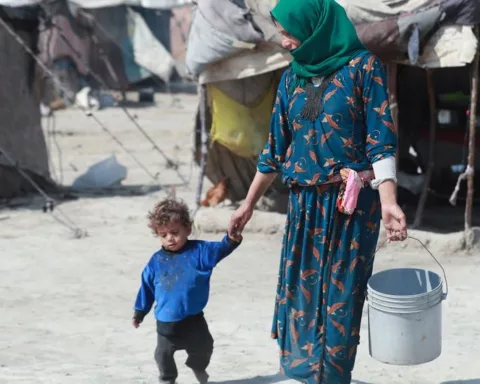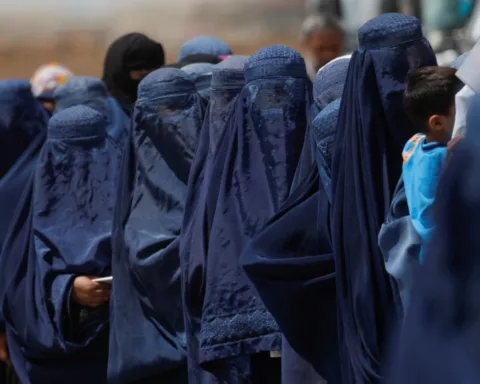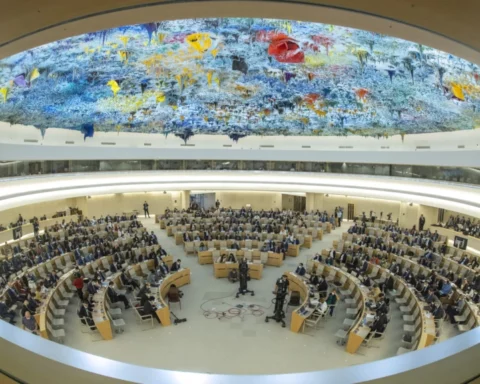“The World Cities Report 2020 convincingly affirms that well-planned, managed, and financed cities and towns create economic, social, environmental and other unquantifiable value that can vastly improve the quality of life of all”, said Maimunah Mohd Sharif, the UN-Habitat Executive Director.
Cities drive transformative change
Globally, around 55 per cent of all people live in urban areas: a figure that is expected to rise to nearly 70 per cent by 2050, according to the United Nations.
“Urbanization can be leveraged for the fight against poverty, inequality, unemployment, climate change and other pressing global challenges”,
Cities have been at the epicentre of the COVID-19 pandemic, UN-Habitat said, with 95 per cent of cases found in urban areas.
The report emphasizes the role of the New Urban Agenda, the UN’s 20-year plan for sustainable urbanization, as a road map to achieving sustainable development and combating climate change.
It analyzes the value of urbanization from an economic, social and environmental perspective, as well as what the authors called “the unquantifiable value” that gives cities their unique character.
When combined, they can drive transformative change, the report argues.
The value of urbanization
UN-Habitat explained that cities generate economic value when they function efficiently, for example by providing transport options that reduce traffic congestion and shorten travel times, thus allowing for more productive employment.
Environmental value is generated in the case of compact cities that have walkable urban centres, thus leading to a reduction in their overall carbon footprint, the agency added.
Meanwhile, urban policies can reduce social inequalities. Providing housing for low-income residents, or creating safe spaces for marginalized groups such as migrants and LGBTQ+ individuals (lesbian, gay, bisexual, trans and queer), are just two examples.





